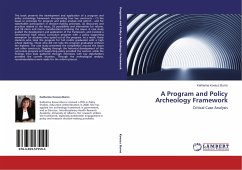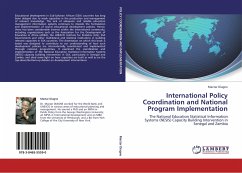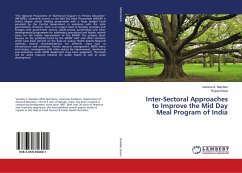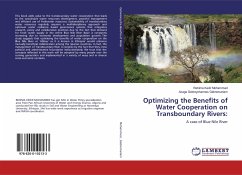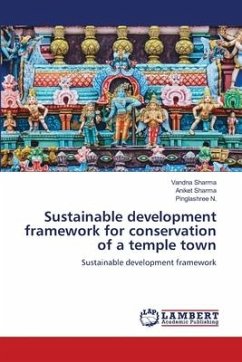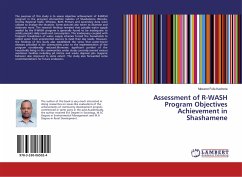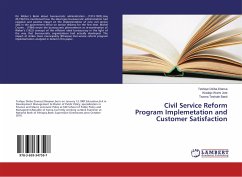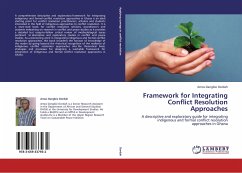This book presents the development and application of a program and policy archeology framework incorporating four key constructs (1) the issues or processes for program and policy analysis and reform , and for stakeholder participation in decision-making processes, (2) discourses and practices related to the issues, (3) possibilities and alternatives for reform, and (4) micro and macro considerations involving the issues. A case study guided the development and application of the framework, and involved a controversial high school curriculum program with a policy supporting exemption for students who opted out of the program. As a result, those students who took the program for full credits graduated with a high school diploma. Those who did not take the program graduated without the diploma. The case study presented the complexities around the issues and other constructs. Digging through the historical development of the curriculum program and supporting policy provided the context, while the findings from data gathered through interviews with key stakeholders provided the current situation. Through the archeological analysis, recommendations were made for the reform process.
Bitte wählen Sie Ihr Anliegen aus.
Rechnungen
Retourenschein anfordern
Bestellstatus
Storno

